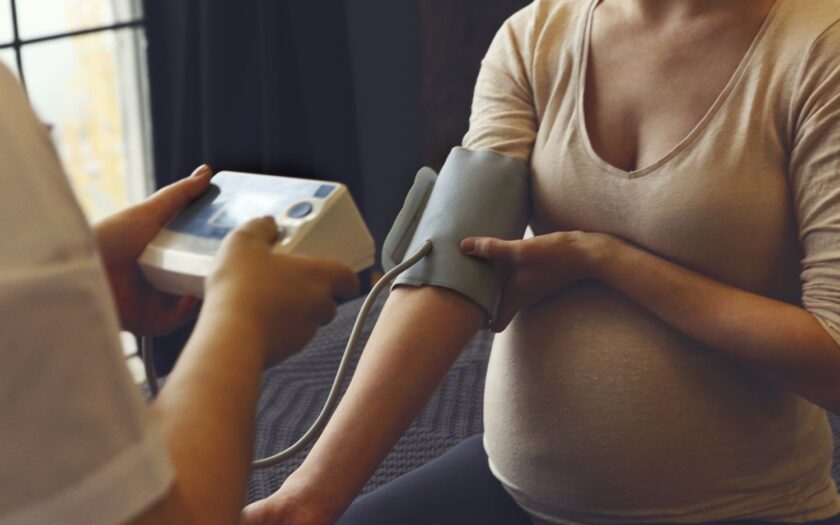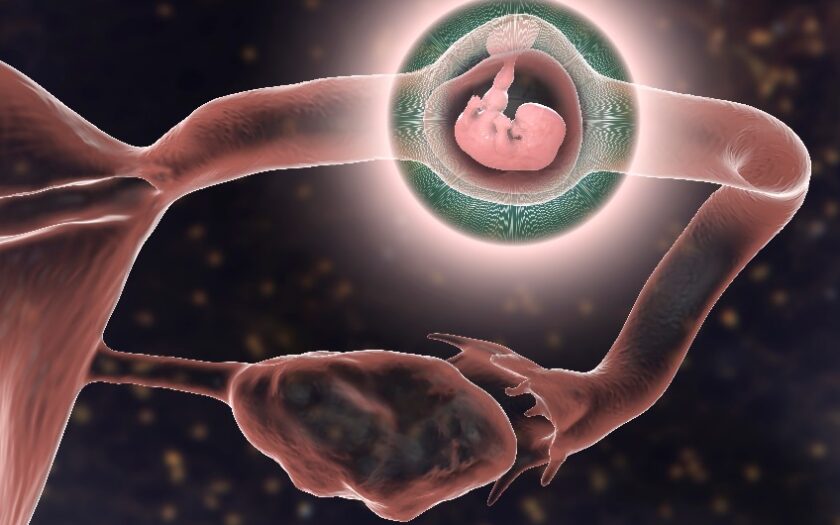Fetal Arrhythmia: Understanding, Causes, and Next Steps
Fetal arrhythmia refers to any abnormality in the heart rate of a baby during pregnancy, which can include tachycardia (increased heart rate) or bradycardia (slowed heartbeat). The normal fetal heart rate ranges between 120 and 160 beats per minute. Fetal arrhythmias are rare, occurring in only 1-2% of pregnancies, and are usually temporary and benign. However, in rare cases, irregular heart rhythms can lead to serious complications, including fetal death.
Causes of Fetal Arrhythmia
Fetal arrhythmias can be linked to several potential causes, though often the exact source remains unidentified, particularly if the abnormal rhythm is transient.
- Caffeine Consumption: High levels of caffeine may cause heartbeat irregularities. Although only case studies have been conducted, it is recommended that pregnant women limit their caffeine intake to 200mg per day, equivalent to one cup of coffee.
- Developmental Changes: During the second trimester, the baby’s heart may beat irregularly as the electrical pathways of the heart mature. This is a normal developmental process and usually not a cause for concern unless the irregularity persists.
- Structural Abnormalities: Some arrhythmias may indicate structural abnormalities in the heart. If this is suspected, healthcare providers will conduct further tests and take appropriate action.
Should You Be Concerned?
Most fetal arrhythmias are not life-threatening and will resolve on their own. However, in rare cases where the arrhythmia is severe, the baby may be born with a heart irregularity that requires lifelong management. There is also a remote chance of fetal death either in the womb or during delivery.
Next Steps
If a fetal arrhythmia is detected, the healthcare provider will closely monitor the baby’s heart rate and overall well-being. In cases where further investigation is warranted, the healthcare provider may refer the mother to a fetal cardiologist for specialized evaluation.
Key Points to Remember:
Monitoring: Regular monitoring of the baby’s heart rate is crucial.
Medical Intervention: In cases of consistently high heart rates, medication that can pass through the placenta to the baby may be prescribed to help regulate the heartbeat.
Specialist Consultation: Referral to a fetal cardiologist may be necessary for further evaluation and management.
Understanding fetal arrhythmia, its potential causes, and the steps for monitoring and intervention can help in managing this condition effectively and ensuring the best possible outcomes for both the mother and the baby.



